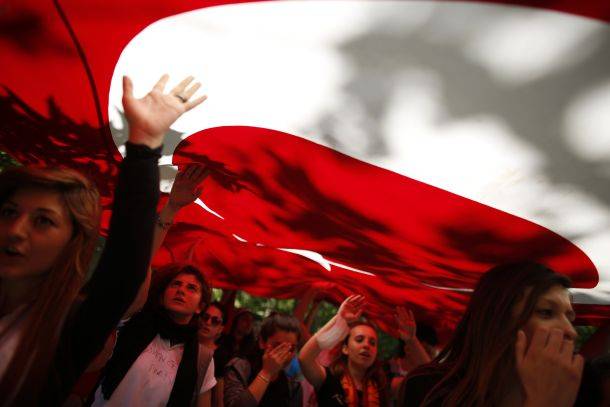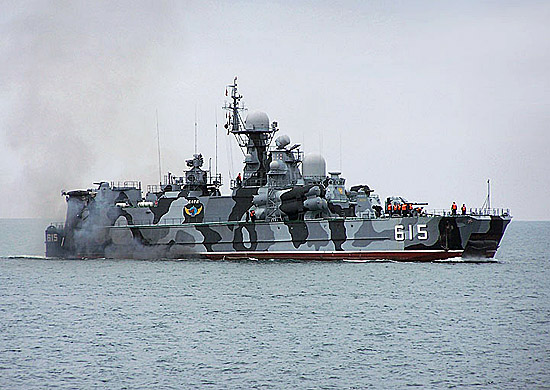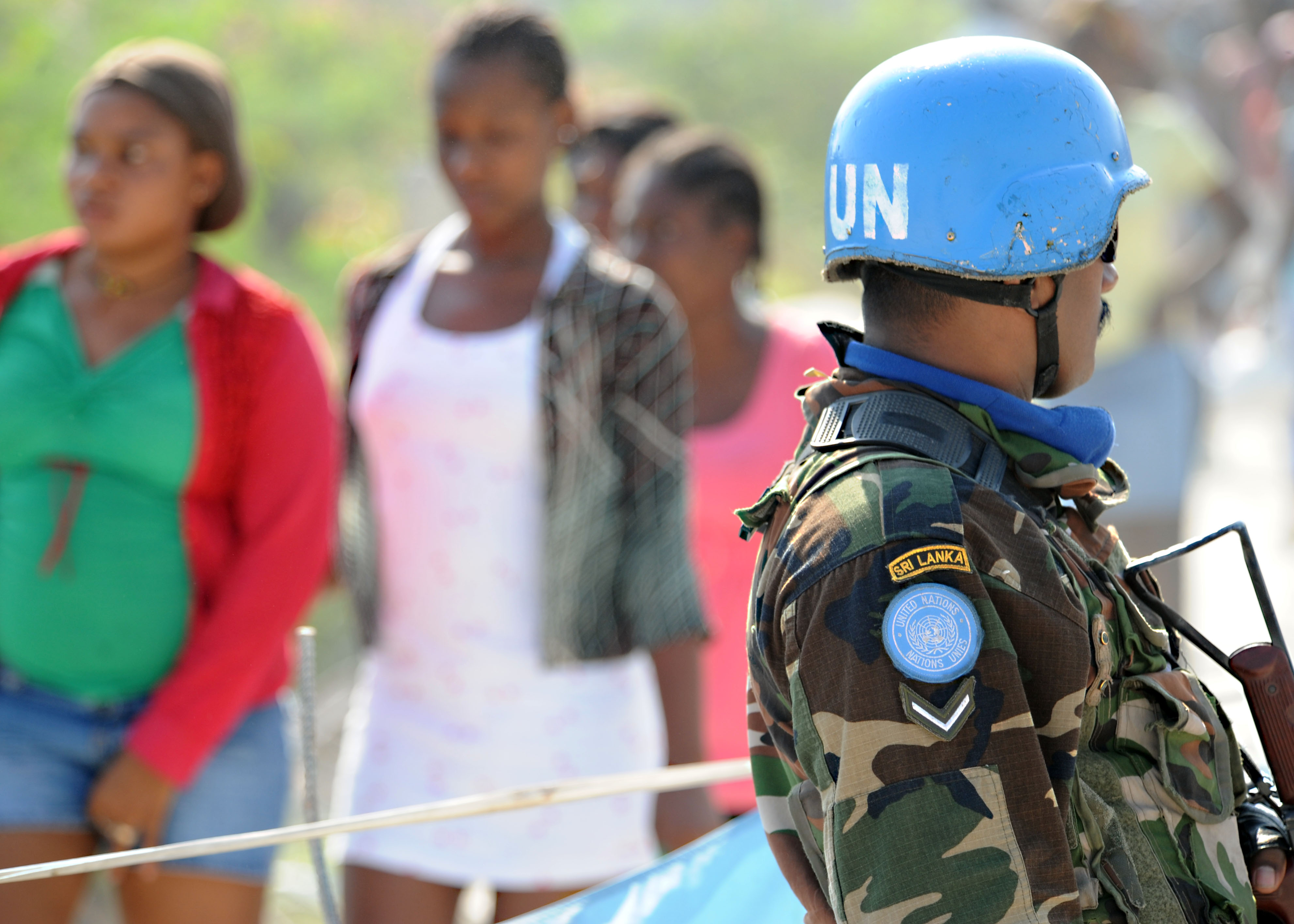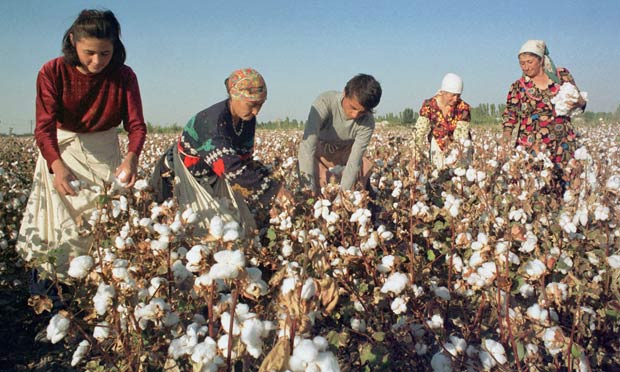 Though discussions pertaining to democratic norms are widespread and often controversial, the freedom of speech and of expression is fundamental in a democracy. “Without journalism there is no democracy, but without democracy there is no journalism either.” This quote from communications theorist James Carey identifies the reciprocal relationship underlying democratic societies. Media and journalism require democracy, as it is the only form of government that respects and allows for the freedom of speech, expression and information, along with a media environment unconstrained by the state. On the other hand, democratic societies require a system for the flow of information as it facilitates public discussion and acts as a watchdog on the government. Conscious of the effectiveness of the media and journalism as a method of surveillance however, many illiberal democratic leaders have adopted oppressive and undemocratic policies to curb the influence of the media. This is becoming a growing issue in Turkey. Emulating the approach taken by Vladimir Putin, as well as the government in Beijing, Turkish President Erdogan continues to destroy the social contract between journalism and democracy.
Though discussions pertaining to democratic norms are widespread and often controversial, the freedom of speech and of expression is fundamental in a democracy. “Without journalism there is no democracy, but without democracy there is no journalism either.” This quote from communications theorist James Carey identifies the reciprocal relationship underlying democratic societies. Media and journalism require democracy, as it is the only form of government that respects and allows for the freedom of speech, expression and information, along with a media environment unconstrained by the state. On the other hand, democratic societies require a system for the flow of information as it facilitates public discussion and acts as a watchdog on the government. Conscious of the effectiveness of the media and journalism as a method of surveillance however, many illiberal democratic leaders have adopted oppressive and undemocratic policies to curb the influence of the media. This is becoming a growing issue in Turkey. Emulating the approach taken by Vladimir Putin, as well as the government in Beijing, Turkish President Erdogan continues to destroy the social contract between journalism and democracy.
In a special report titled The Struggle for Turkey’s Internet, Freedom House – an independent watchdog organization – evaluated the evolving Internet and media environment within Turkey. Reporting on the 2013 Gezi Park Protests, the article notes how the country’s largest media corporations are owned by corporate holding companies that depend heavily on government procurement contracts. Providing the holding companies with massive monetary incentives, media outlets are increasingly vulnerable to government pressure, as was seen clearly in the first few days of the protests, “when cable news channels broadcast cooking shows and penguin documentaries instead of covering huge protests in the heart of Turkey’s largest city.” Financial connections between media owners and the government, coupled with deficient professional trade unions and other heavy-handed tactics such as economic intimidation have created a situation of self-censorship within Turkey’s traditional media network. Journalists quietly acknowledge that investigative reporting or criticism of the government is a sure way of being blacklisted by media corporations and imprisoned by the government. Consequently, traditional media as a source of objective and substantive coverage has been eroded.
Notwithstanding the advantages of a traditional media such as professionalism and objectivity, the recent revolutions in countries such as Egypt and Tunisia have shown the usefulness of social media platforms in politics. Indeed, YouTube, Twitter, and Facebook have been cited as vital platforms during the Arab Spring uprisings where the absence of traditional media outlets created a need for citizen journalism. Yet, even citizen journalism has been curtailed in Turkey.
In 1994, the government of Turkey created the telecommunications company, Turk Telekom, granting it exclusive rights for telecommunications infrastructure such as fixed line telephone services, Internet, digital TV, and eventually Wifi access. Despite privatization in 2005, the company remains a tool of the Turkish government, as the Turkish treasury owns 30% of the company, while the undersecretary of the Ministry of Transportation and President Erdogan remain important members on the Board. The clear lack of independence of the country’s dominant Internet provider is a serious matter of concern.
 In May 2007, Law No. 5651 was enacted, giving the Telecommunications Communications Presidency (TCP), a regulatory body staffed with government appointees the power to supervise online activity and block certain websites at their discretion. Pertaining to TCP’s authority to block Internet content, along with their relationship with Turk Telekom, over 20,000 websites in Turkey are blocked, 4,000 of which have been blocked since 2012. More troubling however is the degree of online surveillance. In the city of Izmir, for example, 29 Twitter users are on trial for inciting riots after retweeting information about the Gezi Park Protests, in a case where then Prime Minister Erdogan is listed as a victim. Additionally, in April of 2014, columnist Onder Aytac was sentenced to 10 months imprisonment for swearing at the PM in a tweet. As these and other examples illustrate, relationships between media owners and the government, along with an interconnected telecommunications sector and oppressive government policies have destroyed a traditional media environment and continue to punish those who act independently to transmit important information.
In May 2007, Law No. 5651 was enacted, giving the Telecommunications Communications Presidency (TCP), a regulatory body staffed with government appointees the power to supervise online activity and block certain websites at their discretion. Pertaining to TCP’s authority to block Internet content, along with their relationship with Turk Telekom, over 20,000 websites in Turkey are blocked, 4,000 of which have been blocked since 2012. More troubling however is the degree of online surveillance. In the city of Izmir, for example, 29 Twitter users are on trial for inciting riots after retweeting information about the Gezi Park Protests, in a case where then Prime Minister Erdogan is listed as a victim. Additionally, in April of 2014, columnist Onder Aytac was sentenced to 10 months imprisonment for swearing at the PM in a tweet. As these and other examples illustrate, relationships between media owners and the government, along with an interconnected telecommunications sector and oppressive government policies have destroyed a traditional media environment and continue to punish those who act independently to transmit important information.
Although the real tragedy is Turkey’s declining democracy, the Turkish government also seems to be violating international human rights. As a member of numerous international organizations such as NATO and the United Nations, Turkey is obligated to adhere to fundamental human rights. As article 19 of the Universal Declaration of Human Rights (UDHR) states, “everyone has the right to freedom of opinion and expression; this right includes freedom to hold opinions without interference and to seek, receive and impart information and ideas through any media regardless of frontiers.” Though Internet access itself is not a human right, it can be argued that the dissemination of ideas “through any media regardless of frontiers” should include the Internet. Nevertheless, as President Erdogan and the Justice and Development Party continue to govern Turkish society, they also continue to interfere with various aspects of freedom of speech as outlined in the UDHR, ultimately undermining democracy and human rights in Turkey.




